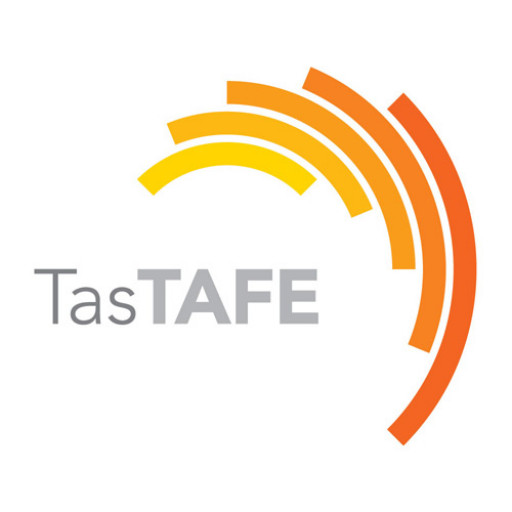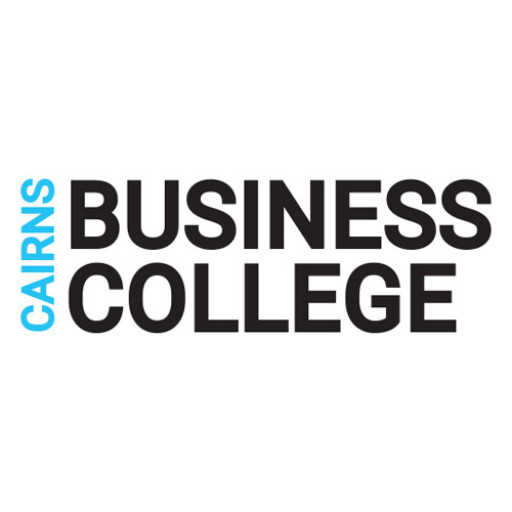Provide responsible gambling services program at TasTAFE is designed to equip students with the essential skills, knowledge, and ethical understanding required to support individuals and communities in managing gambling-related issues responsibly. This comprehensive course focuses on the principles of harm minimisation, harm prevention, and effective communication strategies while ensuring compliance with industry standards and regulatory frameworks. Students will learn about the psychological, social, and economic impacts of gambling, as well as the best practices for providing support and referral services to at-risk individuals. The program emphasizes the development of practical skills such as assessing gambling behaviors, delivering advice on responsible gambling, and implementing strategies that promote safer gambling environments. The curriculum covers a broad range of topics including legislation relevant to responsible gambling, ethical considerations, and cultural sensitivities. Participants will engage in interactive workshops, role-plays, and case studies to reinforce their understanding and application of responsible gambling principles in real-world scenarios. Upon successful completion of this program, students will be able to deliver effective support services that adhere to professional standards, contribute to community well-being, and help reduce gambling-related harm. This program is ideal for those seeking careers in health and community services, mental health, or within the gambling industry itself, supporting the development of a responsible and ethical approach to gambling services across Tasmania and beyond.
Provide responsible gambling services is a comprehensive training program designed to equip professionals with the essential skills and knowledge necessary to promote safe and responsible gambling practices within the gaming industry. This program covers a wide range of topics, including understanding the social and psychological impacts of gambling, recognizing signs of gambling-related harm, and implementing effective strategies to support at-risk individuals. Participants will learn about the legal and ethical responsibilities associated with responsible gambling, including relevant regulations and industry standards. The course also emphasizes the importance of communication skills, enabling professionals to engage empathetically with clients, provide appropriate advice, and refer individuals to specialized support services when needed. Through a combination of theoretical learning and practical case studies, attendees will develop the ability to identify problematic gambling behaviors early and take appropriate interventions to prevent harm. The program is tailored for staff working in gaming venues, customer service personnel, and health and community workers who support clients affected by gambling issues. By completing this training, graduates will be better prepared to foster a safer gambling environment, reduce the incidence of gambling-related harm, and promote overall well-being within their communities. The course is delivered by experienced trainers with expertise in addiction support, counseling, and industry regulations, ensuring that participants receive relevant and high-quality education. Upon successful completion, attendees will receive a certification that demonstrates their commitment to promoting responsible gambling practices. Whether you are looking to expand your professional skills or to fulfill regulatory requirements, this program provides valuable insights and practical tools to make a positive difference in the lives of individuals affected by gambling problems. Join us to become a responsible gambling advocate and contribute to a safer, more informed gaming community.
Program requirements for the Responsible Gambling Services course at TasTAFE typically include the following components. Candidates are expected to demonstrate a basic understanding of gambling operations, including the types of gambling and their associated risks, as well as the legal and regulatory frameworks governing gambling activities in Tasmania. Participants should possess effective communication skills to interact appropriately with clients exhibiting signs of gambling-related issues and to provide appropriate support or referrals. A foundational knowledge of health and safety practices relevant to working in a gambling environment is also necessary, ensuring a safe and responsible setting for both staff and patrons. Prior to enrollment, applicants may be required to complete a literacy and numeracy assessment to ensure they can comprehend course materials and participate actively in learning activities.
Furthermore, the program emphasizes the importance of ethical conduct and confidentiality when dealing with clients experiencing gambling problems. As such, participants are expected to adhere to professional standards and codes of conduct related to responsible gambling practices. Practical skills are developed through simulated scenarios and role-playing exercises, which help students learn how to identify warning signs of problem gambling and implement responsible practices effectively. In addition, students will learn about referral pathways to specialized support services and understand the importance of collaborating with support organizations and health professionals.
Completion of any prerequisites or pre-entry requirements may be stipulated, such as previous relevant qualifications or industry experience, particularly in customer service or retail environments. The program may also require applicants to undertake criminal history checks or provide evidence of relevant certificates, such as first aid or residential training, depending on specific course stipulations. Throughout the course, assessments are conducted through written assignments, practical demonstrations, and participation in interactive activities to evaluate comprehension and practical application of responsible gambling principles.
Overall, the program aims to equip students with the knowledge and skills necessary to promote responsible gambling practices, support clients experiencing gambling-related issues, and maintain compliance with legal and ethical standards within the gambling industry.
The provision of responsible gambling services is a vital component within the broader context of problem gambling prevention and treatment. At TasTAFE, the training for responsible gambling services is designed to equip students with comprehensive knowledge and practical skills necessary for working within the gambling industry, emphasizing the importance of ethical practices, client welfare, and regulatory compliance. The program covers various aspects such as identifying problem gambling behaviors, providing appropriate support and referrals, and understanding the legal and ethical frameworks governing gambling operations.
Financing studies related to responsible gambling services at TasTAFE typically involves multiple funding options available to students. Government-funded programs are accessible for eligible students, which may include concessions or subsidies aimed at promoting careers in health, social services, and community support sectors. For International students, tuition fees are generally charged, with specific costs outlined at the start of the course. Scholarship opportunities or financial aid programs may also be available, supporting students from diverse economic backgrounds to undertake their studies without financial hardship.
Students may also explore external funding sources or employer-sponsored training programs, especially if they are already employed within the gambling or hospitality industries and seek to enhance their qualifications. In addition to tuition fees, students should account for costs associated with course materials, assessments, and any additional training resources provided by TasTAFE. Payment plans are often an option to spread tuition costs over manageable periods, and some students might qualify for VET FEE-HELP or other government-supported loan schemes, which assist in financing vocational education.
The investment in responsible gambling services training is seen as a pathway to employment in a growing industry with increasing emphasis on ethical practice and consumer protection. Graduates of this program can pursue roles within casinos, sports betting operators, online gambling platforms, or community health organizations, contributing to healthier gambling environments and supporting individuals facing gambling-related issues. The financial viability of undertaking this study depends on the individual's career goals and the availability of funding mechanisms, with TasTAFE committed to providing accessible pathways for students interested in making a positive impact through responsible gambling practices.
Provide responsible gambling services program at TasTAFE offers comprehensive training for individuals seeking to work in the gambling industry with a focus on promoting responsible gambling practices. The program is designed to equip students with the knowledge and skills necessary to support customers and clients in making informed decisions about gambling activities while ensuring adherence to legal and ethical standards. It covers a wide range of topics, including understanding the gambling industry, identifying signs of problem gambling, implementing harm minimization strategies, and providing appropriate advice and support to patrons. Participants learn about various responsible gambling tools and resources, including self-exclusion options, setting deposit limits, and encouraging responsible behaviors. The course emphasizes communication skills, empathy, and ethical conduct, enabling graduates to effectively assist at-risk individuals and promote a safe gambling environment. This qualification is suitable for those intending to work in licensed venues, online gambling platforms, or community support services within the gambling sector. The program aligns with industry standards and legal frameworks to ensure graduates are well-prepared to foster responsible gambling practices and contribute positively to the community. Additionally, instruction includes case studies and real-world scenarios to enhance practical understanding. Students are also introduced to regulatory requirements and the importance of maintaining integrity and confidentiality in professional roles. Upon successful completion, graduates can pursue roles such as customer service representatives, support staff in gambling venues, or outreach coordinators for responsible gambling programs. The training at TasTAFE is delivered through a combination of in-class activities, workshops, and online modules, providing flexible learning options to accommodate diverse student needs. Overall, the program aims to develop knowledgeable, ethical professionals committed to promoting responsible gambling and minimizing gambling-related harm in society.










